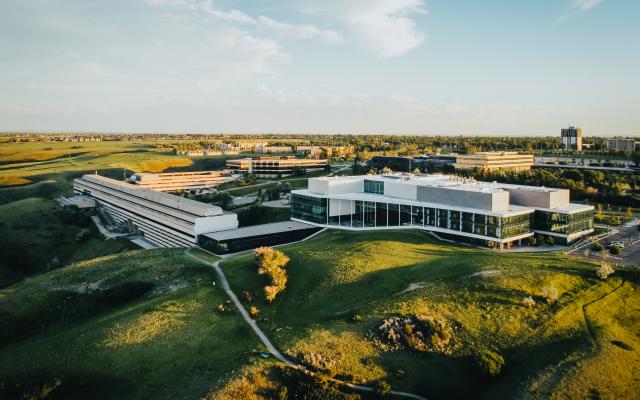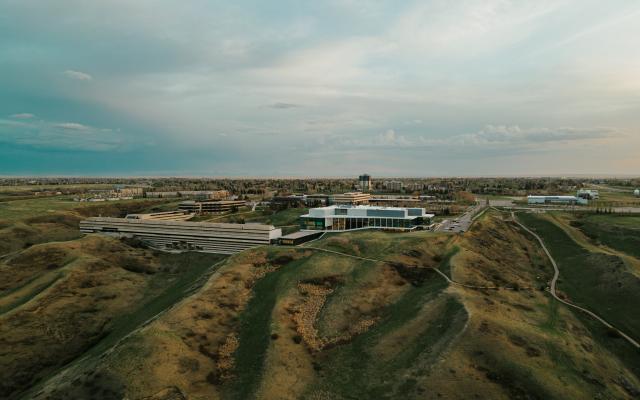WIL/CBEL Reporting Initiative Specifics
Overview
Before we can provide a comprehensive report on WIL/CBEL activity to the government or integrate such data onto the MyExperience Transcript (MET), we must first identify and define the variety of WIL/CBEL types (i.e. field study, service learning, entrepreneurship, etc.) taking place within courses and programs at the University of Lethbridge. Some types of WIL are already tracked within Banner (i.e. course codes for co-op, applied study, independent study; see WIL type codes), while others are not (i.e. service learning). The institutional priority is to identify WIL for the purposes of government reporting, within the parameters defined by the Post-Secondary Programs branch (see Work Integrated Learning Flag – Government Reporting). However, these parameters do not fully encompass the many forms of WIL/CBEL happening across our campus. There is also a need for further identification and definition for the purposes of reporting on the full range of curricular activities across campus.
Such an undertaking will require collaboration from faculty and senior leadership to ensure we can fully capture the many types of WIL/CBEL and to ensure an institutional-wide understanding/consistency of course and program-based WIL/CBEL definitions. The proposed solution could be accomplished in the following steps:
Execution of Project:
- Communication to/and approval from faculty and administration (collaboration is welcome and encouraged)
- Identify and define WIL/CBEL types within courses and programs at the University of Lethbridge
- Draft definitions, based on current knowledge and information gathered from across campus and from external resources
- Perform past audit/inventory from course outlines and reports provided by RO (optional); process adapted from Wilfred Laurier
- Draft definitions, based on current knowledge and information gathered from across campus and from external resources
- Perform past audit/inventory from course outlines and reports provided by RO (optional); process adapted from Wilfred Laurier
- Retroactive identification reduces faculty bias and can help inform how we define and categorize WIL/CBEL in the future
- Syllabus requests via VP. Academic recognition that course outlines are the intellectual property of faculty
- Assign attribute/code in Banner for WIL and CBEL
- Retroactively vs future timetable submissions
- Course attribute = WIL or EL
- Schedule Type Codes = WIL Types, government reporting
- Import information from Banner to Orbis for inclusion on the MyExperience Transcript (MET)
- Courses with assigned WIL/CBEL label
- Student participation
- Establish workflow process for identification of future courses
- For Example: as part of the timetable submission form
Proposed Reporting Procedure: Explained
The experiential learning flags will be stored in Banner as a course attribute (EL – course-based experiential learning and WIL- work-integrated learning) in the timetable. The attribute can be attached to a course at the catalogue level if all sections of a course will continuously utilize a form of WIL/CBEL. If only some sections of a course will utilize experiential learning, the attribute will be applied to the section level. Further identification of WIL for the purposes of government reporting will be attached as schedule type codes. A report will be provided by the Student Enrolment and Registrar Services (SEARS) office to Institutional Analysis.
This information will also be stored in Orbis (MyExperience platform) for inclusion on the MyExperience Transcript (MET) for students. A student enrolment report will be provided by the Student Enrolment and Registrar Services (SEARS) office to Career Bridge (Experiential Education Advisor) after final grades and then imported into Orbis for MET inclusion.

Project Eligibility
Use the link below to review the basic conditions for project eligibility of your class, activity, lab, etc...

MyExperience Platform
Use the link below to access the MyExperience Portal and see examples of the variety of different WIL/EL opportunities available on campus
